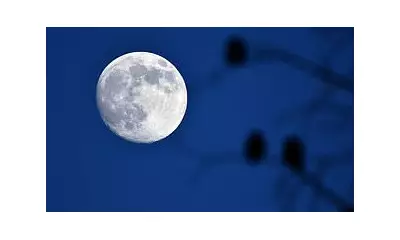
The digital landscape is witnessing a peculiar culture clash as artificial intelligence platforms, particularly ChatGPT, impose what many are calling a "digital Victorianism" on creative content. Rowan Pelling's recent commentary highlights the growing frustration among writers and creatives who find themselves battling AI's puritanical restrictions on adult-themed material.
The Great Erotic Divide
Where human editors might exercise nuanced judgment, AI systems like ChatGPT deploy blanket bans that lump together everything from literary erotica to explicit content. This heavy-handed approach is creating significant barriers for authors working within legitimate genres of romantic and erotic fiction.
Pelling notes the particular irony that while AI can generate increasingly sophisticated content across numerous domains, it treats any form of sexual expression with what amounts to algorithmic panic. The result is a creative straitjacket that fails to distinguish between pornography and legitimate artistic expression.
Historical Context Meets Digital Prudery
The debate echoes centuries of literary censorship, from the banned books of D.H. Lawrence to the obscenity trials of Penguin Books. Today's battleground has simply shifted to digital platforms, where opaque algorithms rather than human censors determine what constitutes acceptable content.
What makes the current situation particularly concerning for writers is the lack of transparency and appeal process. When ChatGPT refuses to engage with certain themes, it provides little explanation and no opportunity for discussion about context or artistic merit.
The Impact on Literary Creativity
This isn't just about erotic fiction. The restrictions affect a wide range of literary endeavours that might include romantic subplots, historical fiction dealing with relationships, or even educational content about sexuality and health.
Many authors who use AI as a brainstorming tool find themselves constantly navigating arbitrary boundaries that seem to shift without warning. The creative process becomes less about inspiration and more about decoding what the algorithm will permit.
A Future for Mature AI?
The central question emerging from this controversy is whether AI platforms will evolve to handle adult content with the sophistication and context-awareness that human editors bring to the task. Or will they remain trapped in a perpetual state of digital adolescence, unable to engage with the full spectrum of human experience?
As Pelling suggests, the solution may lie in developing more nuanced AI systems capable of understanding context and artistic intent, rather than relying on crude content filters that treat all adult themes as equally taboo.





